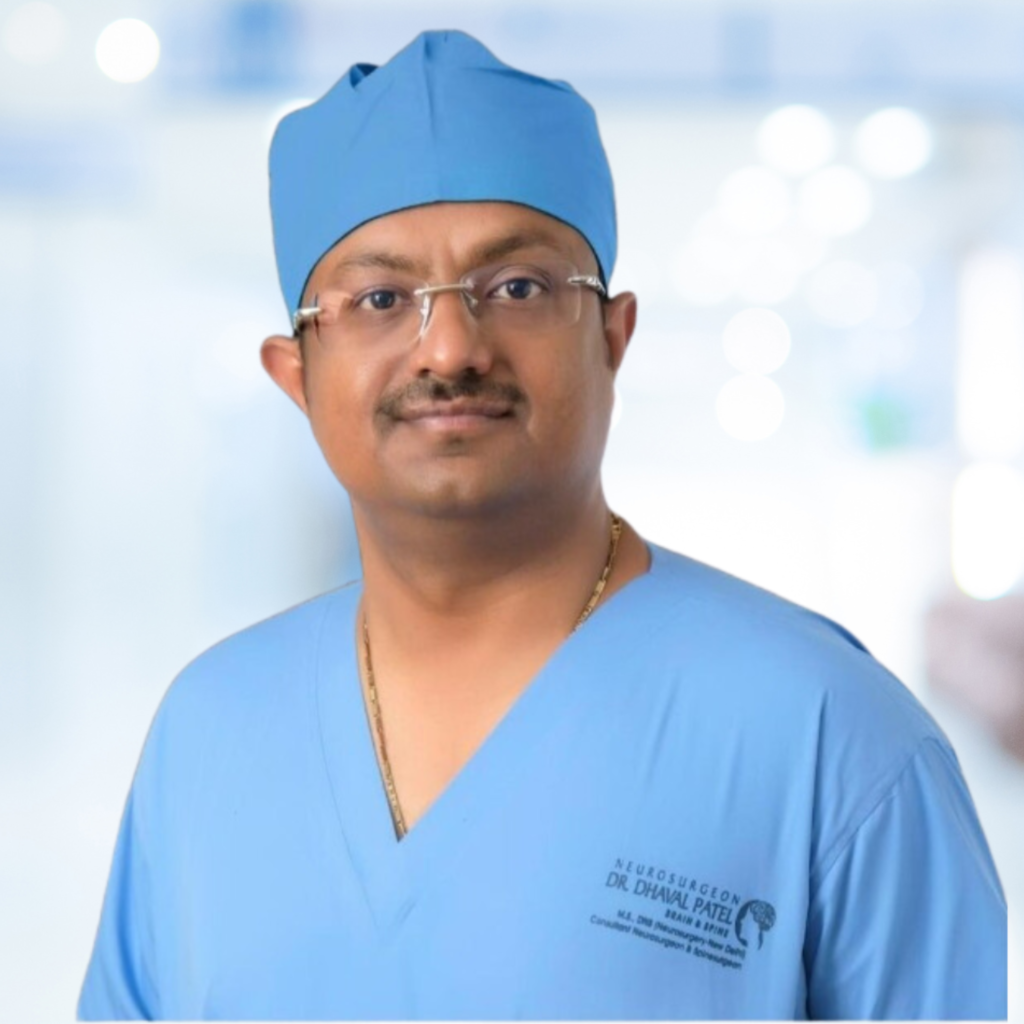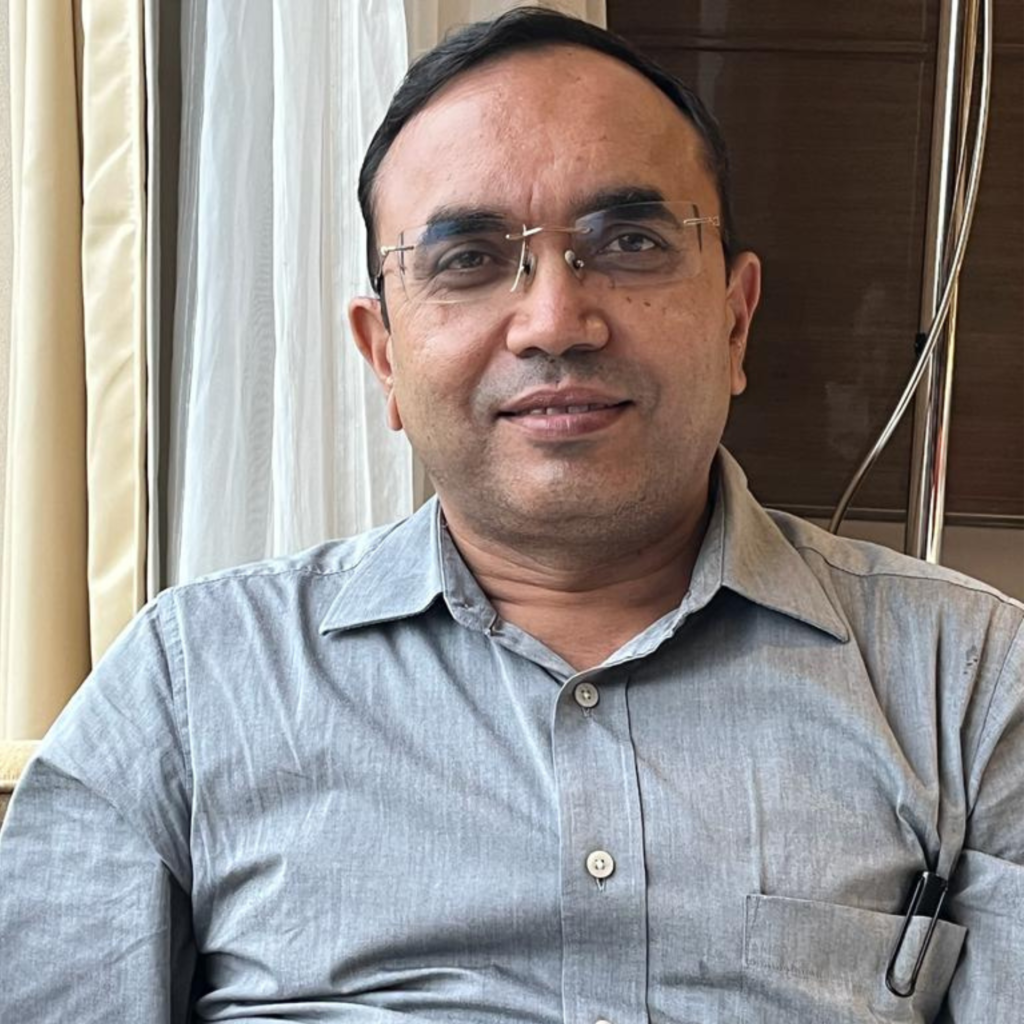- Home
- About Us
- Doctors
- Specialties
- Bariatric Surgery
- Bone Marrow Transplant
- Cancer
- Cardiology
- Cardiovascular And Thoracic Surgery
- Critical Care Medicine
- Dental Surgery
- Dermatology & Cosmetology
- Diabetic Foot Care
- Ear, Nose & Throat
- Endocrinology
- Fetal Medicines
- Gastroenterology
- General Medicine
- General Surgery
- HPB & Gastrointestinal Surgery
- Interventional Radiology
- IVF
- Kidney Transplant
- Laparoscopic Surgery
- Liver Transplant
- Medical And Hemato Oncology
- Neurology
- Neuro & Spine Surgery
- Nephrology And Dialysis
- Nuclear Medicine
- Orthopedic
- Ophthalmology
- Obstetrics And Gynecology
- Pathology Laboratory
- Pediatric
- Peripheral Vascular And Endovascular Surgery
- Physiotherapy and Rehabilitation
- Plastic Reconstruction
- Plastic & Cosmetic Surgery
- Pulmonary Medicine
- Radiation Oncology
- Radiology
- Robotic Surgery
- Surgical Oncology
- Urology
- Facilities
- Patient Area
- Testimonials
- Media
- Contact Us
Cervical Spine Fusion Surgery
Pioneering Tomorrow's Cervical Spine Fusion with Expert Precision
Welcome to Universal Hospital, where we specialize in Cervical Spine Fusion Surgery—a highly effective procedure designed to stabilize the cervical spine and alleviate symptoms associated with various conditions. Our team of skilled cervical spine surgeons is committed to providing personalized care to improve the quality of life for our patients.
Conditions Treated with Cervical Spine Fusion Surgery:
Cervical spine fusion surgery is often recommended for various conditions that involve instability, degeneration, or compression in the cervical spine.
Common conditions include:
- Cervical Disc Degeneration: Fusion may be performed to stabilize the spine after the removal of a damaged or degenerated disc.
- Herniated Discs: Fusion can be considered when disc herniation is causing instability or compression of spinal nerves.
- Cervical Spondylosis: Fusion helps stabilize the spine when degenerative changes, such as bone spurs, affect multiple levels.
- Cervical Spinal Stenosis: Fusion is performed to decompress the spinal canal and stabilize the spine in cases of severe stenosis.
Cervical Fractures or Instability: Fusion is often used to stabilize the spine after traumatic injuries or fractures.
Cervical Spine Fusion Techniques:
- Anterior Cervical Discectomy and Fusion (ACDF):
- Involves removing a damaged disc from the front of the neck.
- The space is filled with a bone graft, and a metal plate may be used to stabilize the vertebrae.
- Posterior Cervical Fusion:
- Involves accessing the cervical spine from the back of the neck.
- Bone grafts are used to fuse the vertebrae.
- Cervical Laminectomy and Fusion:
- Combines decompression (removal of lamina to relieve pressure) with fusion.
- Often recommended for cases of spinal stenosis.
- Artificial Disc Replacement:
- Involves replacing a damaged disc with an artificial disc to maintain motion in the spine.

How Cervical Spine Fusion Surgery Works:
- Preoperative Evaluation: Comprehensive assessments, including imaging studies, are conducted to precisely diagnose the cervical spine condition.
- Patient Consultation: Detailed discussions with patients to explain the diagnosis, surgical options, and expected outcomes.
- Surgical Intervention: The surgeon performs the cervical spine fusion procedure, which may include removing damaged discs, inserting bone grafts, and using hardware for stabilization.
- Postoperative Care and Rehabilitation: Meticulous postoperative care, including physical therapy, to support the patient’s recovery and rehabilitation.
Advantages of Choosing Universal Hospital for Cervical Spine Fusion Surgery:
- Expert Cervical Spine Surgeons: Our team includes highly skilled and experienced spine surgeons dedicated to providing the highest standard of care for cervical spine fusion procedures.
- Advanced Technology: Universal Hospital is equipped with state-of-the-art imaging and surgical technology for precise and effective cervical spine surgeries.
- Multidisciplinary Collaboration: We collaborate with other medical specialists to ensure comprehensive care for patients with complex cervical spine conditions.
- Patient-Centered Care: We prioritize open communication, involving patients in their treatment plans, and addressing their unique needs and concerns.


